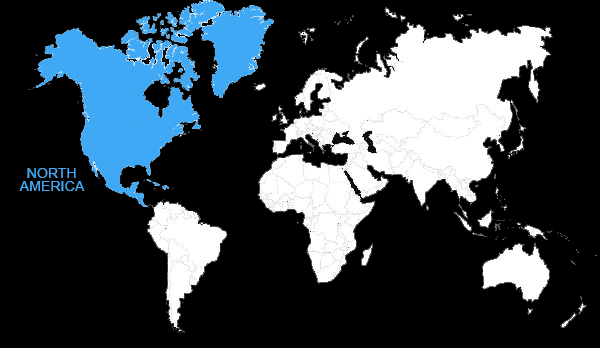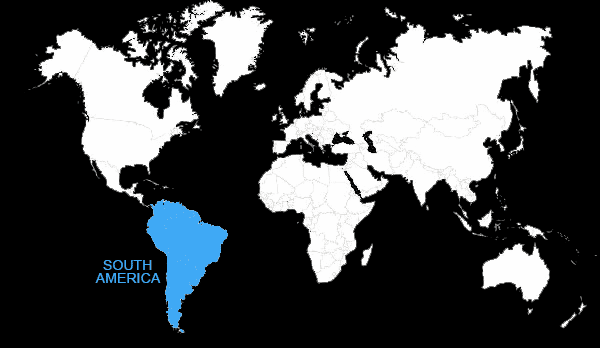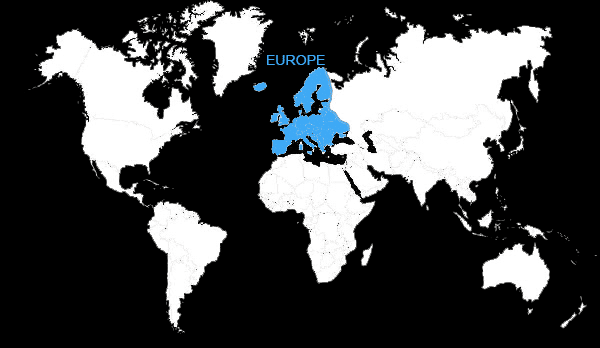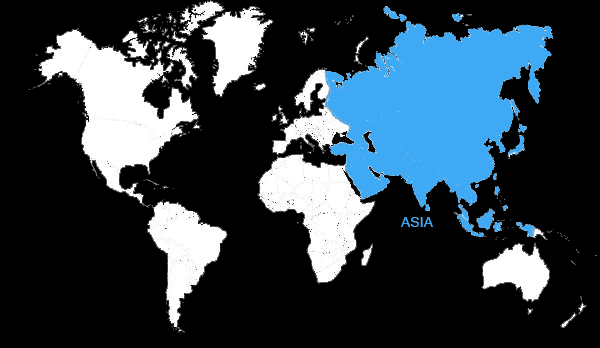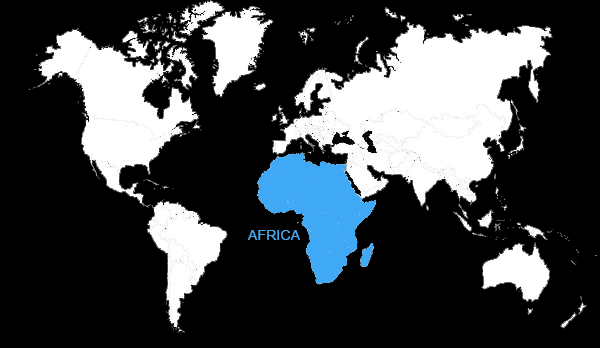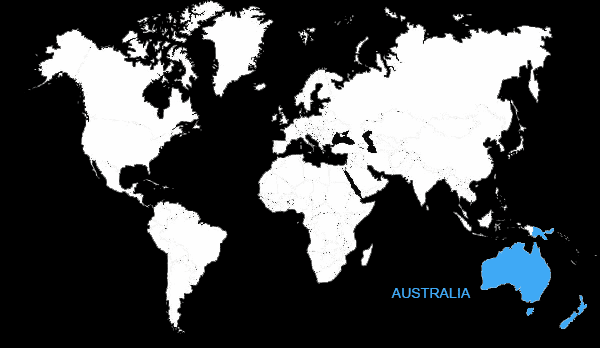Avispa Fukuoka Tryouts
Avispa Fukuoka (アビスパ福岡, Abisupa Fukuoka) is a Japanese professional football club, currently play in the J1 League. The team is located in Hakata, Fukuoka. “Avispa” means “wasp” in Spanish. They were originally called Fujieda Blux and based in Fujieda, Shizuoka before moving to Fukuoka in 1994.
Avispa Fukuoka Youth Development System
Academy
At the academy, with the sound training and safety of athletes in mind, we provide training guidance based on five concepts, using Avispa Fukuoka’s unchanging fighting style (AvispaStyle) as a method. The first thing to think about is to grow as a player and as a human being.

Training concept
- Individual development: In order to develop players who can play an active role in the top team, we will consider the growth of each player and provide guidance from a long-term perspective. We will thoroughly implement the basics and give guidance to develop individuality.
- Humanity training: We value the growth of an independent human being, such as sociality, communication skills, and self-management skills.
- The spirit of fair play: We develop players who can thank allies, opponents, referees, and everyone who supports football.
- Balancing with school life: We will develop players who can become leaders not only in soccer but also in school life.
- Players First: We will give guidance by putting players first.

A training system that develops with the community
I think that developing together with the community is indispensable for developing players who can play an active role in the top team. To that end, we would like to actively dispatch coaches to training activities and help improve the level of local children through the Abbey School (tour soccer class) conducted by school coaches. We also believe that it is important to deepen cooperation with local leaders so that players who have grown up in the community, such as junior, club, junior high school, high school, and university teams, can play an active role in Avispa Fukuoka.
Academy Recruitment
Click here to visit the clubs official academy recruitment information for current dates and registration.
Schools
・ Basic School
This is a class that anyone can participate in. Learn the basics of soccer and aim to improve while becoming fond of soccer. In addition, we will implement programs according to each grade and provide coaching tailored to each individual. In addition to improving soccer skills, we will also foster observance of rules, cooperation, and independence through group life.
・ Skill up class / Super class
This class has a selection. Unlike the 4th class registered team of the Japan Football Association, this class aims to improve the level of highly qualified players without changing the registration of the current team. We hope that you will provide higher quality training and utilize it for training and games with your team.
・ Soccer school for adults
We will provide a simple training (ball feeling pass & control shoot) to enjoy soccer by incorporating a health program aimed at solving lack of exercise and a communication game that allows you to have fun with your friends. .. Beginners and women who have been interested in soccer but have never had a chance to play soccer are welcome. It is a school that anyone can easily enjoy regardless of experience.
A complete list of schools can be found by clicking here.
Free School Trials
You can experience the same training as usual for free.
You can participate in the free trial school at any time. If you are considering joining, please join the experience school first.
Practice tours are also possible.
How to apply for a free trial school?
- Please call or fill in the required items in the input form that can be found by clicking here.
- The secretariat will contact you at a later date if you apply using the form.
- If you have any other questions, please contact the secretariat.
- TEL: 092-674-3031 (Weekdays 9: 30-18: 00 * Excluding Mondays)
School Recruitment Information
Click here to visit the clubs official school recruitment information for current dates and registration.
EXPLORE MORE CLUBS!
Explore more professional clubs by continent.
History
In 1982, the members of the club, which was originally known as Ch Bhan SC and was established in Fujieda, Shizuoka, were employees of the security company Chuo Bohan. In 1991, they were given a spot in the Japan Soccer League’s Division 2 competition. In 1992, they competed in the newly established Division 2 of the former Japan Football League, and the following year, they were elevated to the Division 1 level.
They had every intention of joining the J.League, which is why they changed their name to Fujieda Blux. The football fan base in Shizuoka prefecture was already regarded to be saturated due to the challenges associated with having a stadium that satisfied the specifications of the J.League, as well as the presence of local competition from Jbilo Iwata and Shimizu S-Pulse.
As a consequence of this, in 1994 they made the decision to relocate to Fukuoka, which was a city that was very interested in having a J.League club. They changed their name to Fukuoka Blux and joined the associate membership ranks of the J. League.
1995 (JFL)
They were able to win the JFL championship in their first season in Fukuoka with the assistance of Argentine Hugo Maradona, which led to them being promoted to the J.League.
1996–1998 (J.League)
Because of the possibility of a trademark conflict with the men’s clothing retailer Brooks Brothers, they made the decision to alter their name to Avispa Fukuoka. The club was able to attract veteran players such as Satoshi Tsunami, a former member of the Japanese national team, and Hideaki Mori, a defender; yet, they finished a disappointing 15th in the 1996 season. Between 1997 and 1998, they had two consecutive years in which they finished dead last in the league. Avispa was one of the teams competing in the play-offs at the end of the 1998 season, but they just just managed to avoid being relegated. Forward Yoshiteru Yamashita and midfielder Chikara Fujimoto were selected for the Japanese national team around this period.
1999–2001 (J1)
In 1999, they once again strengthened the team by adding veteran players including former internationals Nobuyuki Kojima and Yasutoshi Miura as well as Yugoslavian Nenad Maslovar to the roster.
They prevailed against a difficult opponent in the fight against relegation and remained in the league. Argentine David Bisconti and Romanian Pavel Badea were both signed to Fukuoka in the year 2000. Together, they set a new record for the club by finishing sixth in the second stage.
In 2001, the club made the acquisition of former Korean national team member Noh Jung-Yoon as well as Yoshika Matsubara. However, the club finished 15th that season and was therefore demoted to J2.
2002–2005 (J2)
In 2002, they placed eighth out of ten despite keeping veteran players and releasing younger players like Daisuke Nakaharai and Yoshiteru Yamashita. However, they did finish in the top eight.
When they hired Hiroshi Matsuda as their new manager in 2002, they made the decision to forgo the practice of obtaining experienced footballers from other teams in favor of recruiting and developing young players who had graduated from local high schools.
They had some initial difficulties but ultimately performed very well and came in fourth. In 2004, they finished in third place and earned a spot in the play-offs. However, their hopes of advancing to the next level were destroyed when Kashiwa Reysol defeated them both at home and on the road by identical 2-0 scores.
In 2005, they achieved second place, which earned them an immediate promotion to J1 status. Hokuto Nakamura and Tomokazu Nagira, both of whom play for Avispa, were the Japanese representatives at the World Youth Championship in the Netherlands in 2005.
2006 (J1)
Since the beginning of the season, they had been fighting to avoid being demoted to a lower league. They finished in 16th place and were demoted to J2 as a result of the promotion/relegation play-offs against Vissel Kobe, which they tied twice: first in Kobe with a score of 0–0, then at their own stadium with a score of 1–1.
This has resulted in financial difficulties for a number of J2 teams. According to an article published by the Daily Yomiuri in 2006, Avispa required loans totaling 535 million yen from the prefectural and municipal governments in its vicinity.
2007–2008 (J2)
Another new manager was hired after the team was demoted, and this time it was former German national team player Pierre Littbarski. “Litti” arrived at Avispa from the Australian A-League, bringing with him a number of experienced players such as Mark Rudan, Joel Griffiths, and Ufuk Talay. Despite this, “Litti” was unable to guide Avispa to any significant amount of success.
After having finished seventh in 2007, and being unable to compete at the top of the league, Littbarski was fired in the middle of the following year (2008). Yoshiyuki Shinoda, a former player for Avispa, came on as his replacement.
2009 (J2)
The departure of Littbarski and the club’s other Australian players occurred at the same time. These players were mostly replaced with younger players recruited from a variety of institutions located in Kyushu. After getting out to a decent start, Avispa’s play has deteriorated drastically, as evidenced by their recent five-game losing run, which includes humiliating defeats on the road against Ventforet Kofu and Mito HollyHock by scores of 6-0 and 5-0, respectively. The club failed to finish higher than the middle of the pack in J2 and had their aspirations of promotion shattered for another year.
2010 (J2)
For the 2010 season, Yoshiyuki Shinoda strengthened his club by acquiring additional players from local University teams. He also acquired midfielders Kosuke Nakamachi and Genki Nagasato, who had previously played together at Shonan Bellmare. The team picked up only one point out of a possible 15 in March, signaling a slow start to the season.
However, after that, they saw a dramatic improvement in performance as they went on to win 17 of the next 25 games, including a victory against promotion rivals JEF United in which they came back from behind to win. Avispa were able to earn promotion back to J1 despite having two games left to play in the season and JEF United continuing to drop more points.

Tetsuya Okubo, a well-known striker, was one of the five players that were cut from the team at the end of the season in order to make room for J1 players.
2011 (J1)
Shogo Kobara, Kim Min-je, and Takumi Wada came in to bolster defense, while Sho Naruoka and Kentaro Shigematsu arrived to try to score the goals to keep the club in the division. The promotion to J1 resulted in some significant changes to the squad.
Takuya Matsuura was brought in to replace Genki Nagasato, who left for Ventforet Kofu under a cloud. The players had trouble forming a cohesive unit and went the first 13 games of the season without scoring a point, despite the fact that they were predicted by all of the commentators on the J-League After Game Show to end the season in the 18th position.
Even though the team was heading in the right direction near the break for the middle of the season, manager Shinoda decided to step down and was succeeded by head coach Tetsuya Asano. Despite the fact that results continued to improve, culminating in a 6–0 victory away to Montedio Yamagata, the club was unable to pull themselves out of the relegation zone and concluded the season in 17th position, which resulted in them being relegated to J2 for the next season. At the conclusion of the season, the manager position was altered once more, and this time Koji Maeda was hired to take over for the leaving Asano.
2012 (J2)
It was the worst season in the history of the club as they finished a lowly 18th in the table; only winning 9 games all season and conceding 68 goals. The team was looking to bounce straight back to J1 upon their return to the second tier but instead they endured the worst season in the history of the club as they finished a lowly 18th in the table (only Gainare Tottori would concede more in the season). Koji Maeda resigned from his position with the club after the conclusion of the 2012 campaign in order to facilitate the organization’s transition into the 2013 campaign.
2013 (J2)
When the Slovenian Marijan Pusnik was hired as the club’s manager, it marked the first time since Pierre Littbarski that the organization had hired a manager who was not Japanese. As a result of his arrival, the club placed a larger emphasis on the development of young players, and as a result, first-year players Yuta Mishima and Takeshi Kanamori were given opportunities to play with the first team. On the field, results instantly improved, and the team was in contention for play-off spots almost immediately.
However, the club saw a fall in form during the middle of the season, which corresponded with the news that the club need €50 million to be financially viable. The club finished in 14th place, but they were able to find the money to keep themselves afloat, and Pusnik agreed to continue serving as manager for another season.
2014 (J2)
The final placement for Avispa was sixteenth. The contract for Punik was not extended, and he subsequently went back to Slovenia.
2015 (Promotion to J1)
Masami Ihara, a former caretaker coach for Kashiwa Reysol who was appointed by the club to fill the position as head coach. They were able to win the promotion playoffs and earn promotion back to J1 as a result of their third place performance.
2016 (J1)
Avispa finished in 18th place.
2017 (J2)
The final place earned by Avispa was fourth. Avispa defeated Tokyo Verdy in the semi-final game of the “J1 Promotion Play-off,” winning by a score of 1-0. However, in the last game, the club played Nagoya Grampus and played to a scoreless draw (0-0), which left them in third place and meant that Avispa could not be promoted to J1 for the next season.




